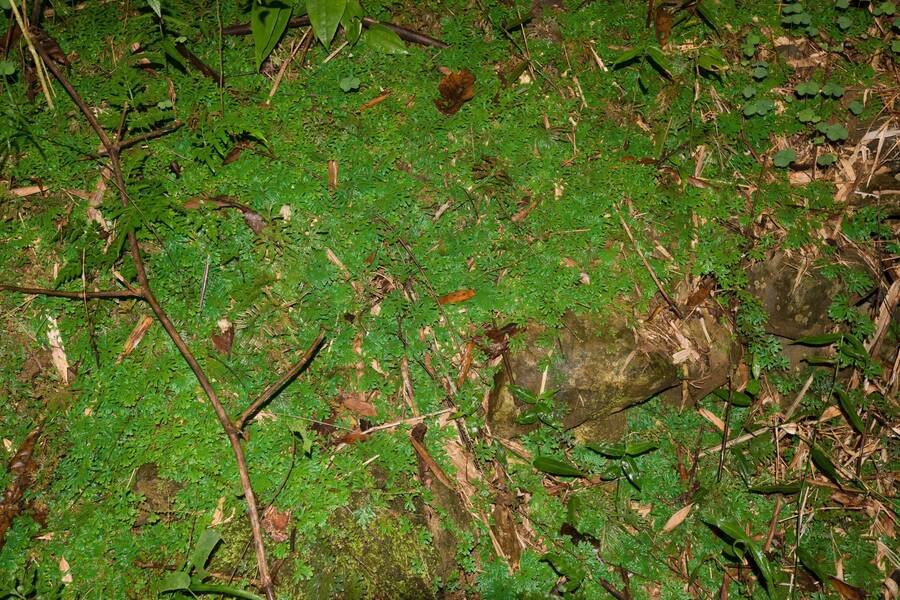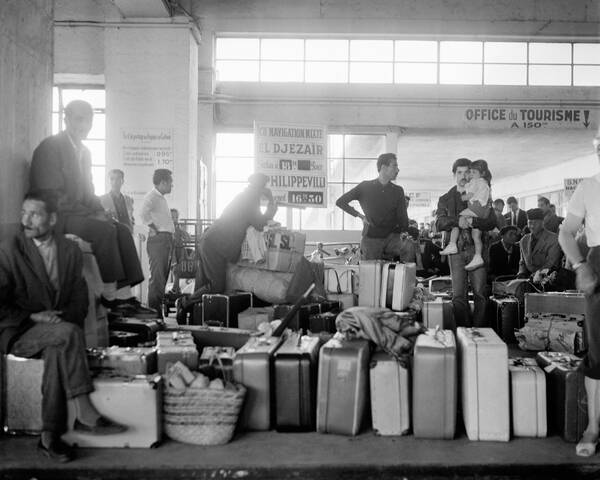Maqam for a Green Silence

As the Quran tells it, Moses meets the Servant of God at the junction of two seas and pleads to follow him, seeking to learn what the righteous one knows. The Servant of God grants his request, on the condition that Moses not disrupt his course with questions, and stay quiet until he is offered explanation. Doubtful of the prophet’s ability to comply, the Servant of God asks: “How can you be patient with what is beyond your realm of knowledge?” Moses assures him that he will remain silent, but ultimately breaks his vow. In Fady Joudah’s “Maqam for a Green Silence,” the speaker, a doctor, is likewise afraid of silence. “What do you mean by silence?” the speaker’s friend inquires, and because the speaker does not know, he asks another in turn. Without an answer readily available to seal up the question, it expands, extending a path for errantry, for wonder. The speaker’s mind ambles back to the Quran, recalling the trespass of Moses’s speech when he fails to heed the Servant’s instructions.
When I am afraid, too often I survey the world, corralling everything into the form of what it is I fear. This shadow? Monstrous. That noise? Monstrous. My fear displaces wonder, care, patience; it hastens to arrange the world to confirm itself, configuring my surroundings as threat in the name of fortifying my I. For Joudah’s speaker, though, considering the fear of silence without coercing it toward definitive resolution charts a course out of the agitated condition in which he “had been busy fearing and not seeing what it is [he] feared.” In this state of patient presence, the speaker is able to connect with recessed possibilities in that which he fears. While silence is often framed as a mode of allowing the world’s severing cruelties to proceed unobstructed, in the Quranic passage, it is the demand for explanation that produces a parting, and silence that permits company; dwelling with the Servant means abiding without the palliative assurance of clarity. Joudah’s rendering extends the generative capacities of silence, setting it forth not as the opposite of language, nor as inquiry’s alternative, but as a verdant thing at the heart of questioning that reawakens us to language, so that we might better see what here is already green, to help it grow.
– Claire Schwartz
Listen to Fady Joudah read "Maqam for a Green Silence."
Maqam for a Green Silence
A 93-year-old woman in the throes of her final yet protracted delirium in a hospital bed turned to me and said, “Come here, what are you afraid of?” She was a Rumi and Shakespeare scholar. I had been visiting her daily, one of her children constantly in the room. I didn’t know the answer. All this time I had been busy fearing and not seeing what it is I feared, since what we fear changes with time, even if all fear can be reduced to one thing, a thing yoked to life. Perhaps she thought I was one of her children and she was encouraging me to let her go, which, as a doctor, I was working on. What did Rumi or Shakespeare say to her that morning? Over the next few days, I asked my friends her question. Two mothers said that outliving their kids was their biggest fear. Their answer was immediate, as if the speed of the reply reflected the clarity of the heart. One of them said it first—a breath before the other. According to legend, she who spoke it first will outlive the other by at least one exhalation. A father, I felt shame that this reply was not instant to me, though I had tasted the shadow of this incomprehensible grief, which, if survived is never cured. The mother who will live longer turned to me and asked, “What about you, what’s your biggest fear?” I said that silence was. “What do you mean by silence?” I shrugged. Then I asked another father. “This is the mother of all questions,” he said. I thought of Moses’ mother. Her heart. And of Moses when, on God’s command, he sought a saint who lives beyond time and place, whose name derives from the color green. God wanted Moses to experience other obstacles of faith. Al-Khidr’s only condition for the prophet to join him on his journey was Moses’ unconditional silence. Moses said he was up for it, and the saint said, “You won’t be able to bear it.” Incapable of green silence, Moses broke his promise three times—as the saint sank a ship and its crew, demolished a crumbling wall he could have restored for a beleaguered people, and then killed a child. Fed up with the prophet’s objections, the saint sent Moses away. That he who knows more than another will also know less.
Fady Joudah is the author of six poetry collections, including, most recently, [...] (Milkweed Press), which was composed during the first three months of the war on Gaza in 2023.
